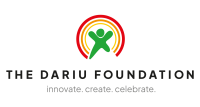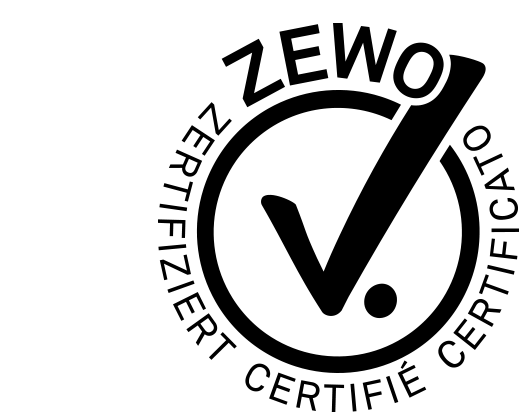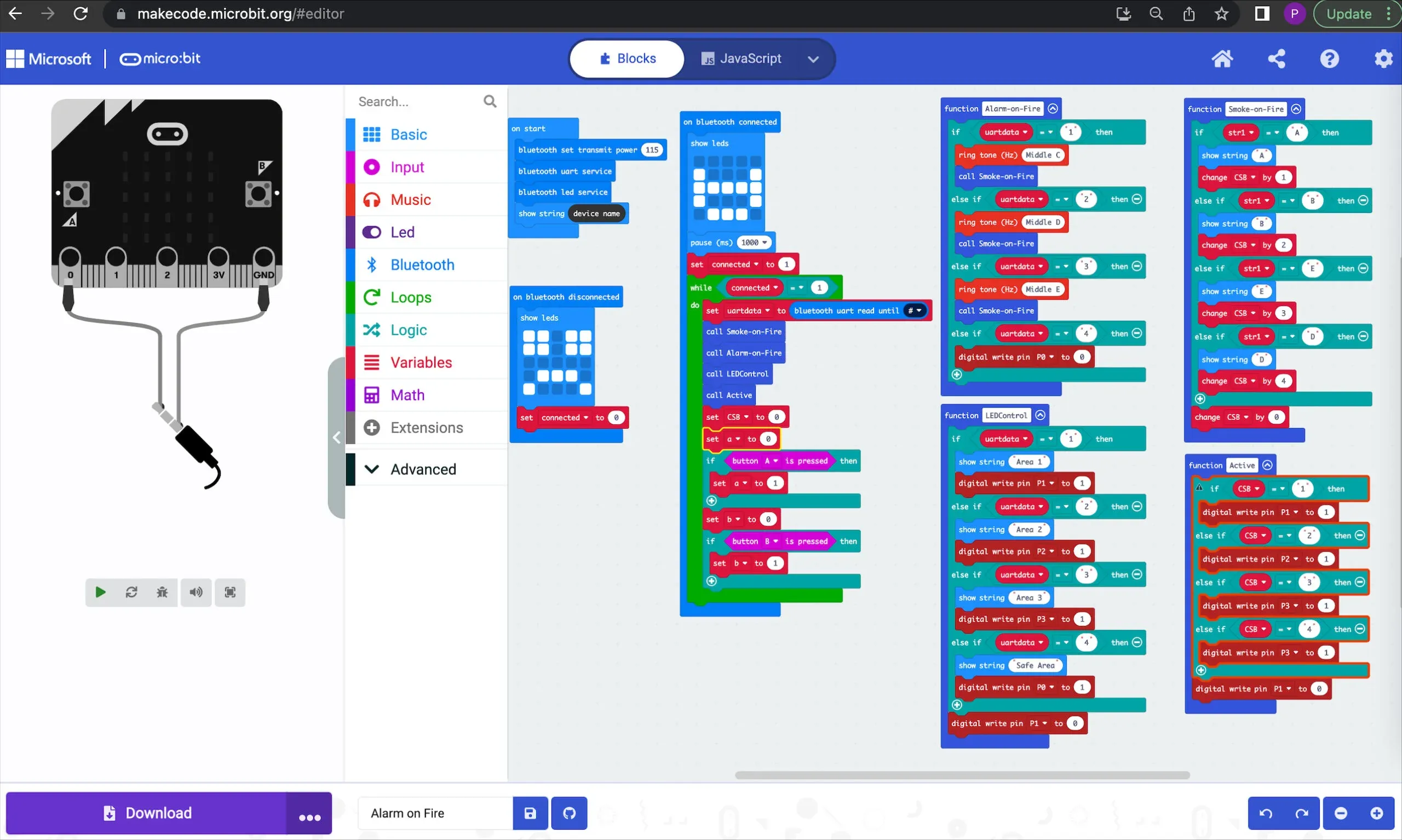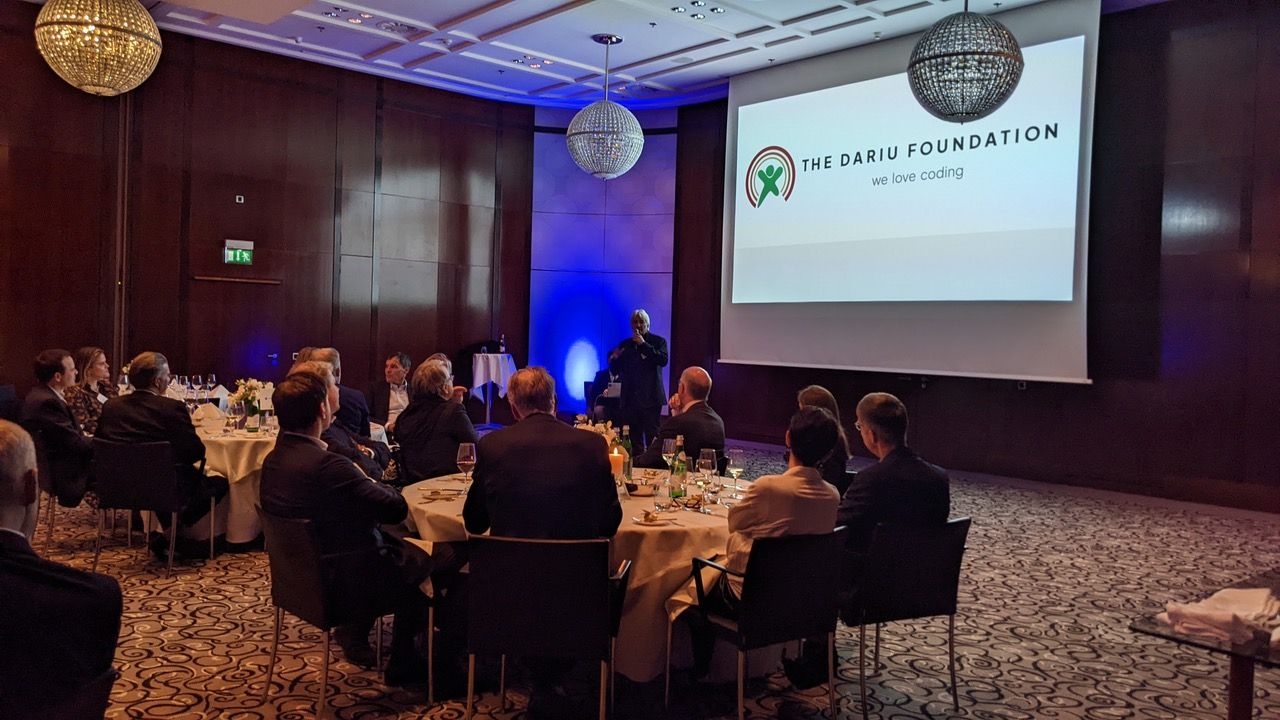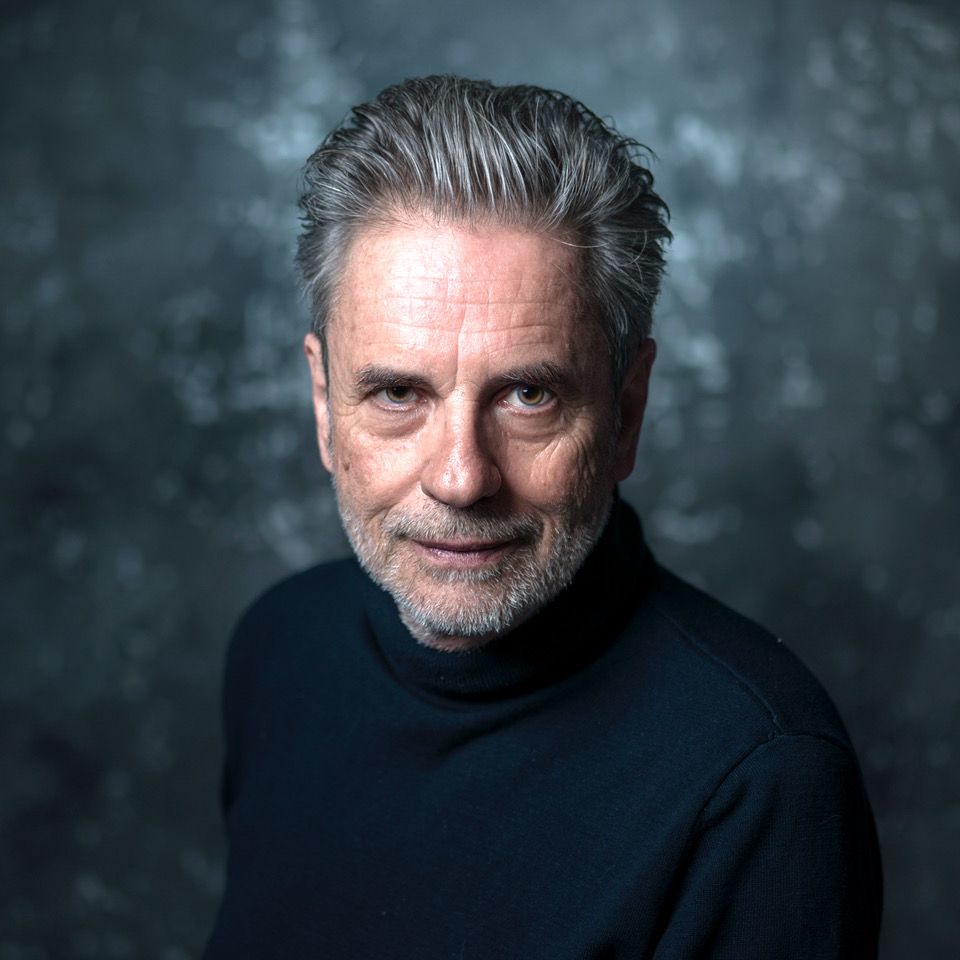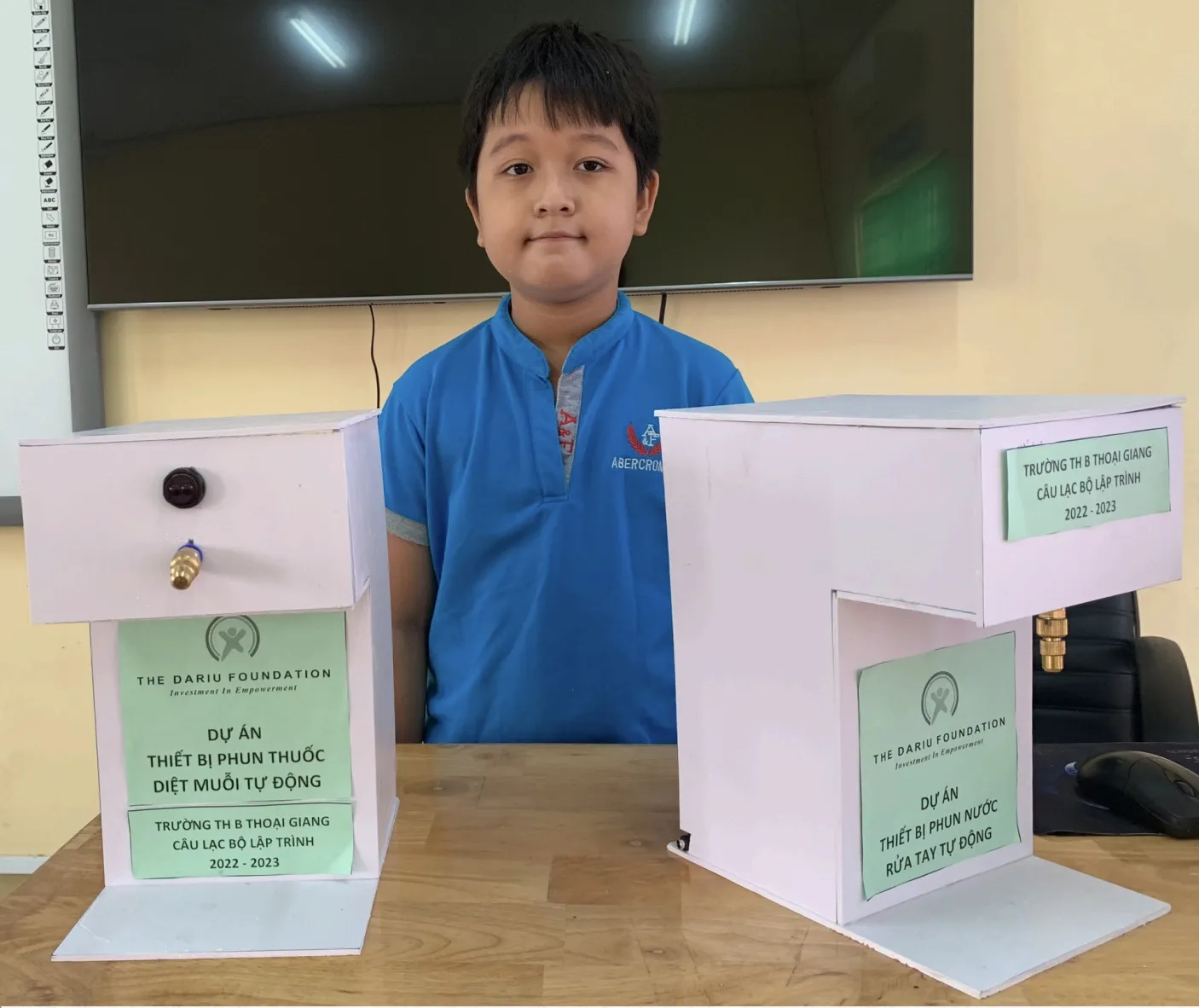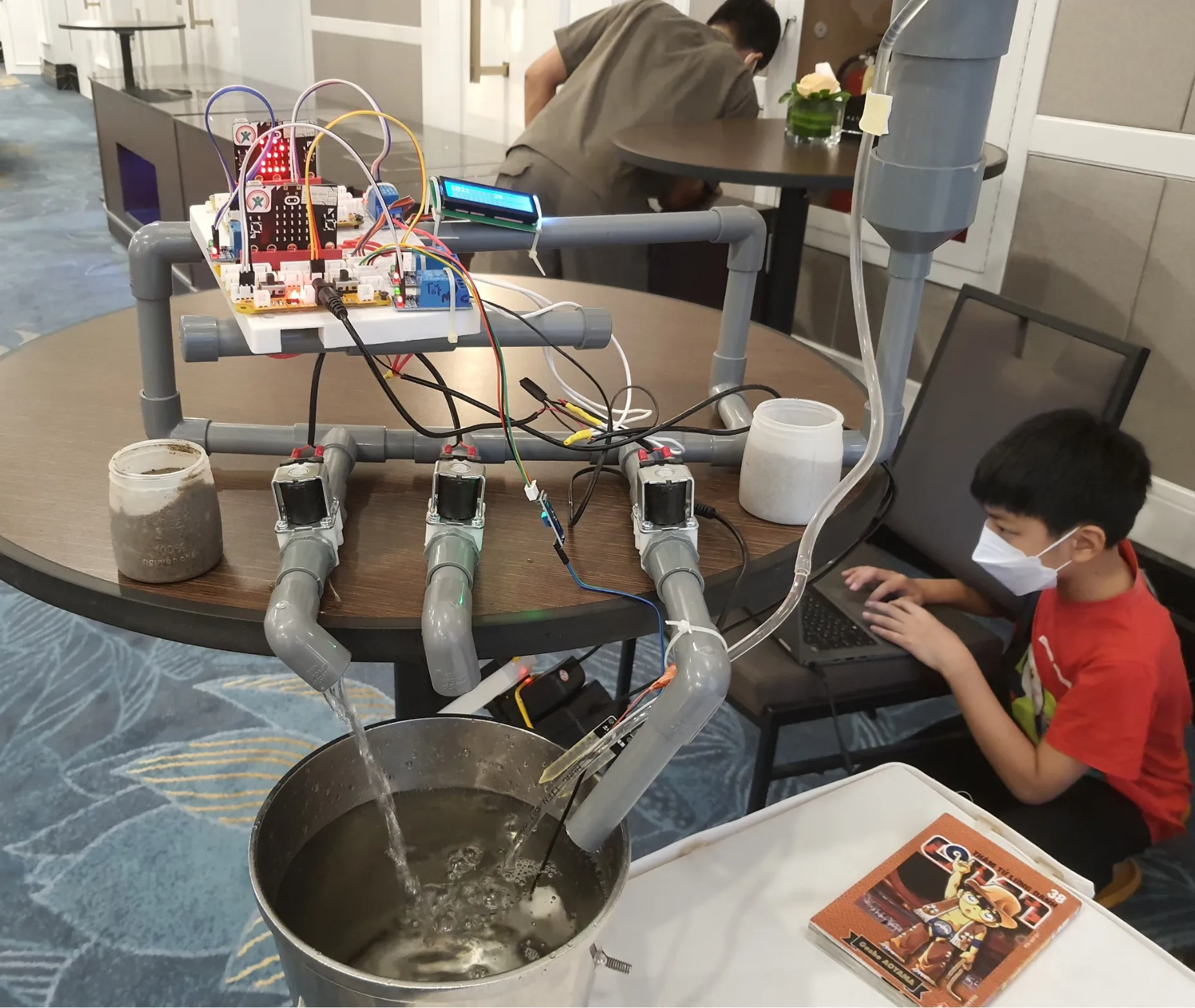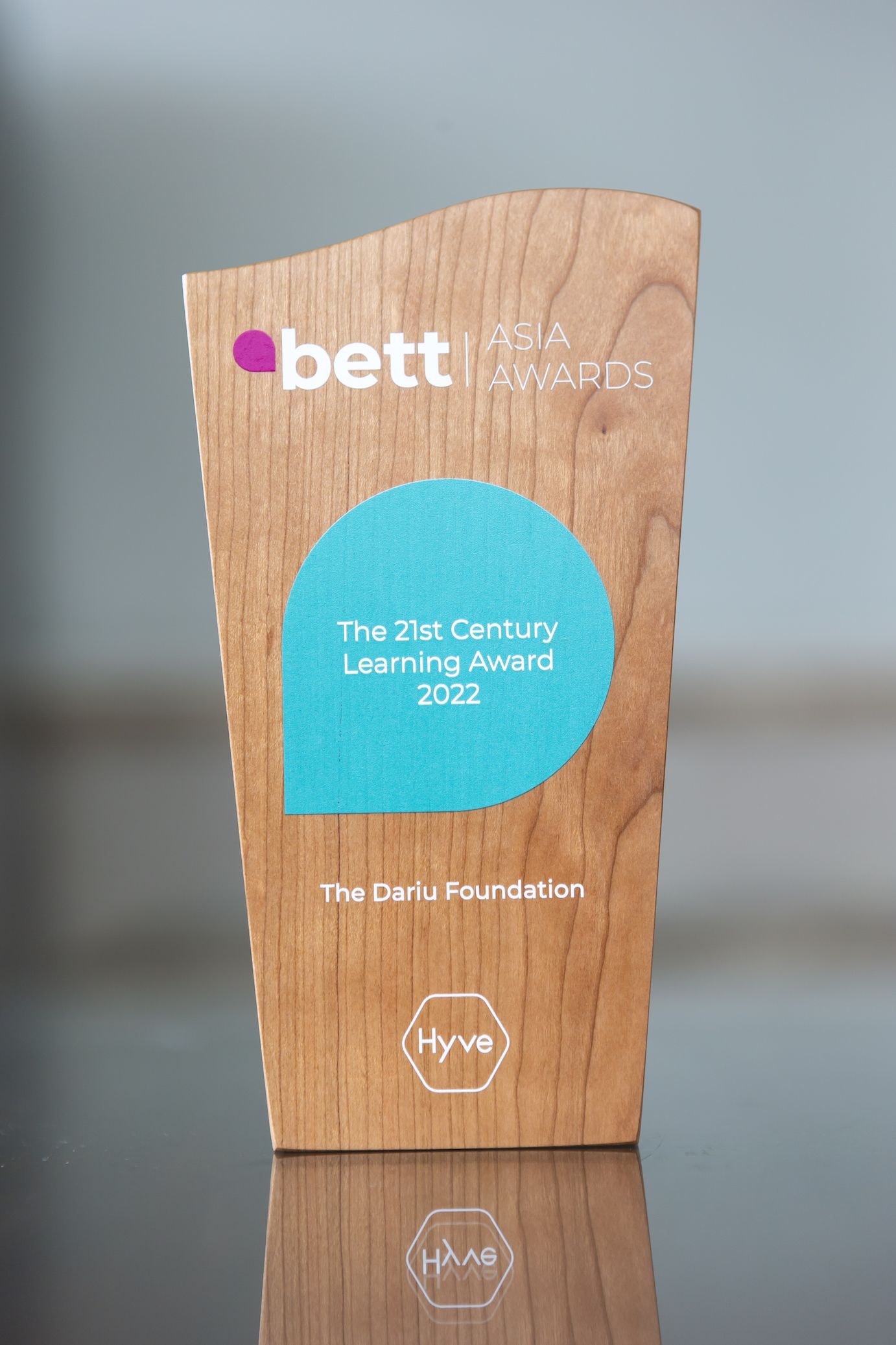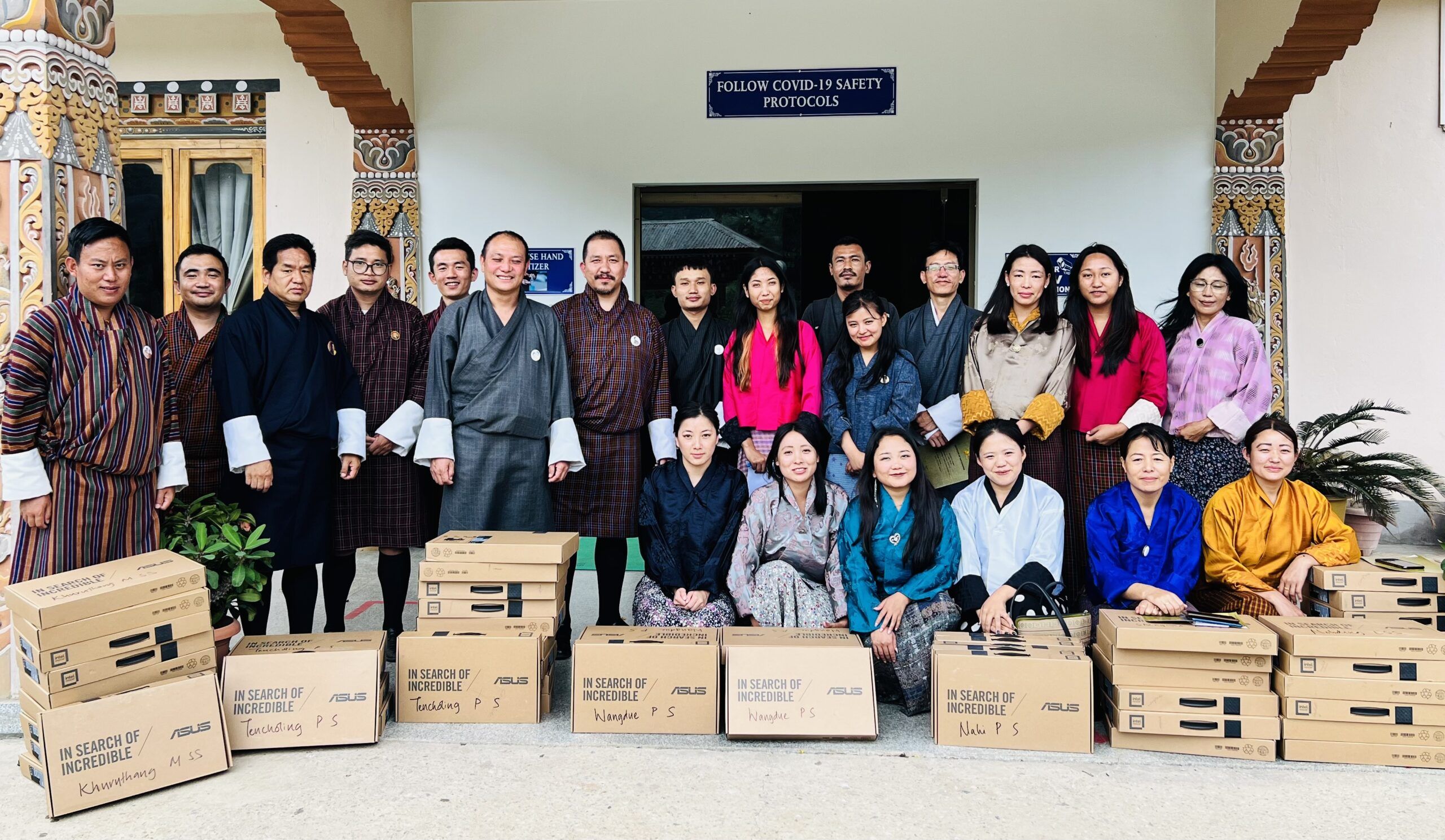Automatic Emergency System
Bar fires often lead to a high death toll, because of suffocation, as there is no emergency exit.
Our group decided to develop a project called Automatic Emergency System, based on how it works on airplanes; oxygen masks release whenever there is a drop in cabin pressure.
In case of emergency/fire, the system will automatically release custom-designed safety masks (with reflective strips) onto the floor which the people in the room can grab and put them on first, before they find their way out.
In each room, the smoke detectors are connected to the central system. In case of smoke detection, it will set the alarms on, and automatically release all the fire escape ladders, so people find their way out via thee escape ladders and don’t have to jump out of the building, which in many cases lead to deaths or severe casualties.
